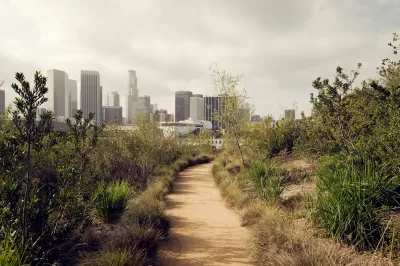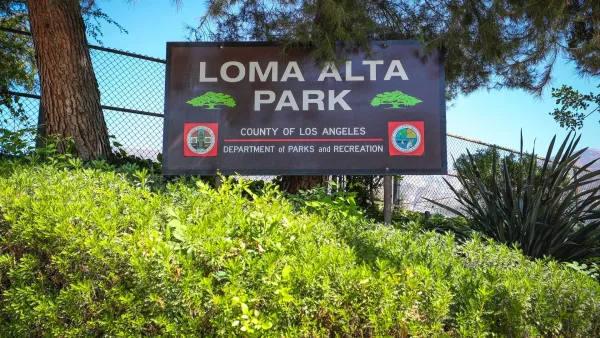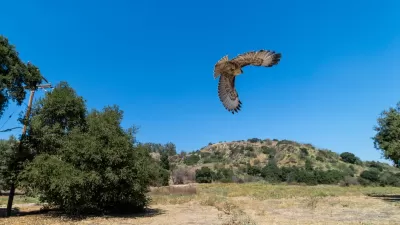Parks are vital to sustainability, providing environmental, economic, and social benefits that improve public health, support biodiversity, and promote equity, as recognized in Los Angeles County’s OurCounty Plan.

Parks are central to sustainable planning, providing vital environmental, economic, and social benefits. They act as green infrastructure, supporting biodiversity, mitigating heat islands, and managing stormwater to reduce flooding. Parks also contribute to economic sustainability by attracting tourism, generating jobs, and reducing healthcare costs through the promotion of physical and mental well-being. Their role in fostering social sustainability is critical, as they serve as inclusive spaces for communities, enhancing social cohesion and offering opportunities for education, recreation, and cultural activities.
In Los Angeles County, the OurCounty Sustainability Plan recognizes the importance of parks in achieving a sustainable, equitable, and resilient future. The plan integrates findings from the Countywide Parks Needs Assessment and supports the implementation of Community Parks and Recreation Plans to address the disparities in park access in park-poor communities. The plan also highlights the urgency and need to advance park equity and promote environmental justice, particularly in underserved and marginalized communities, by ensuring park access and availability for all residents.
In addition, the plan emphasizes the connection between parks and public health, recognizing that parks can effectively help to combat chronic diseases and alleviate mental health issues. Social equity is a guiding principle of the OurCounty Plan, with a focus on engaging local residents in sustainability efforts, including park planning, design, and development. This participatory approach ensures that parks reflect community desires and needs, fostering a sense of ownership and contributing to a more sustainable and resilient Los Angeles County.
FULL STORY: Parks as a Cornerstone of Sustainability

Planetizen Federal Action Tracker
A weekly monitor of how Trump’s orders and actions are impacting planners and planning in America.

San Francisco's School District Spent $105M To Build Affordable Housing for Teachers — And That's Just the Beginning
SFUSD joins a growing list of school districts using their land holdings to address housing affordability challenges faced by their own employees.

The Tiny, Adorable $7,000 Car Turning Japan Onto EVs
The single seat Mibot charges from a regular plug as quickly as an iPad, and is about half the price of an average EV.

Seattle's Plan for Adopting Driverless Cars
Equity, safety, accessibility and affordability are front of mind as the city prepares for robotaxis and other autonomous vehicles.

As Trump Phases Out FEMA, Is It Time to Flee the Floodplains?
With less federal funding available for disaster relief efforts, the need to relocate at-risk communities is more urgent than ever.

With Protected Lanes, 460% More People Commute by Bike
For those needing more ammo, more data proving what we already knew is here.
Urban Design for Planners 1: Software Tools
This six-course series explores essential urban design concepts using open source software and equips planners with the tools they need to participate fully in the urban design process.
Planning for Universal Design
Learn the tools for implementing Universal Design in planning regulations.
Smith Gee Studio
City of Charlotte
City of Camden Redevelopment Agency
City of Astoria
Transportation Research & Education Center (TREC) at Portland State University
US High Speed Rail Association
City of Camden Redevelopment Agency
Municipality of Princeton (NJ)





























